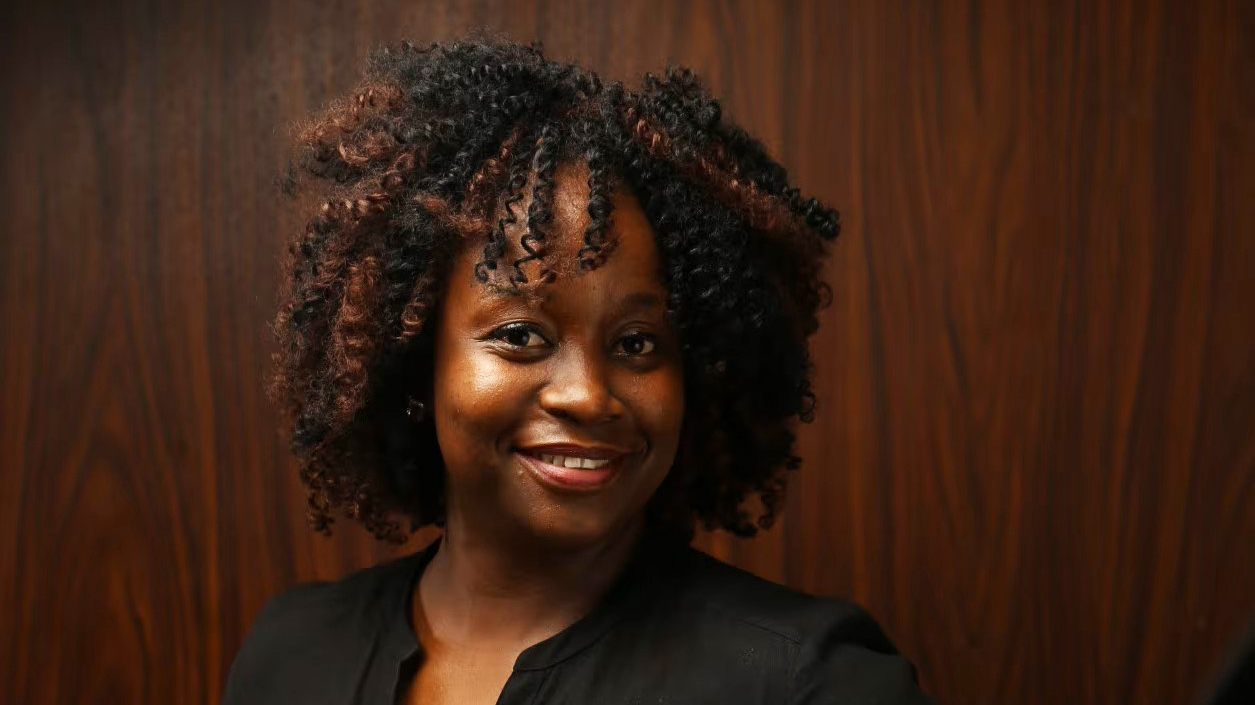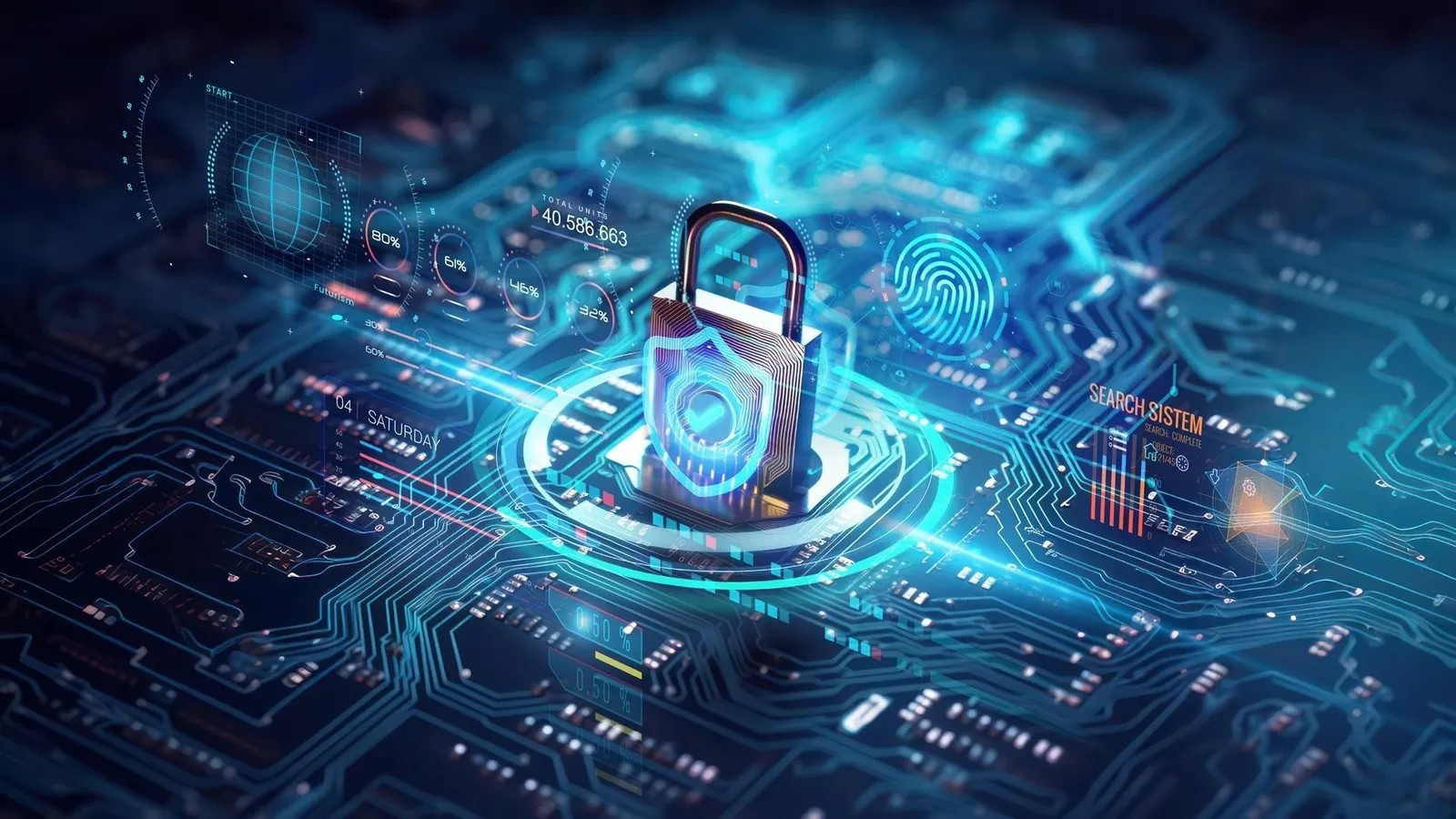
These collaborative experiences end up being learning exercises for all of us. We now know more about what they are learning and also their strengths and weaknesses. We all enjoy the bonding experience, and they learn a lot about process and technique when creating things.
I didn’t give it much thought at first until I realized that on the American entrepreneurship television show called SharkTank, a lot of the entrepreneurs who came to pitch were “makers” who built the prototypes of their inventions or products by themselves.
DIY and Maker Culture
America and most developed countries surprisingly have a prevalent culture of “Do it yourself.”
I remember the first time a plumber came to help my best man fix a blocked pipe and charged him 250 Pounds! It was a bitter lesson he learned and what spurred him into buying his box of tools, and now he does most of his home repairs, and he became quite good at it.
In Nigeria, I doubt that he would have done that himself as it is much cheaper to hire a plumber. Because it is more affordable, the quality of work is also a lot less. We have left these activities to those who were not as fortunate as ourselves to get a higher education, and we see it as “lesser work,” and that is where we are wrong.
My friend Emeka Okoye had mentioned once that most Americans owned a toolbox and they do a lot of repairs or building of products by themselves. He believes that “maker culture” is what leads to high rates of innovation with results manifesting as successful small businesses that are the engine that power America. I believe him as I have seen the evidence of it on Shark Tank and the general population.
The maker culture starts from schools where they encourage children to build things very early. A lot more is learned about problem-solving this way, and the children take those skills into adulthood.
People like Steve Jobs, the founder of Apple, and most other young people who started their companies from garages in America came from this culture that persists till today.
Reports from Atmel Corporation, a company that manufactures microcontrollers for hobbyists say that there are an estimated 135 million U.S. adults who are makers. They should know as they are suppliers of the building blocks to DIY communities of makers.
Building African Makers
The first “Technology Hub” I know of in Africa was hardware hacker space at Pretoria in South Africa called “House for Hack.” It is the epicenter of the South African “maker community,” and people like my friend Andrew Turpin who is also the Chief Operating Officer of Grindrod bank are members and principal backers of this community.
I have known Andrew for many years, and he is a nerd’s nerd. He decided as a child that he wanted to own and fly an airplane, and as an adult, he worked with his father in his garage to build one from scratch. He took pilot lessons and eventually flew it himself. It is not surprising that his bank is leading the open banking movement in South Africa as the first bank to decide to adopt the concept entirely and support a community to rebuild its entire banking backend.
People like Andrew are all over South Africa, and it was not surprising that it was the place that produced Elon Musk and Mark Shuttleworth. I worry that this DIY culture seems to be much more common in South Africa than elsewhere in Africa. We are typically more interested in buying and selling finished products than figuring out how to build and manufacture them by ourselves. Why is this the case? I think the answer also goes back again to the schools.
Chinenye Mba-Uzoukwu, one of Nigeria’s most accomplished technology thought leaders, explains that we lost the technology edge decades ago when Nigerian secondary schools could no longer afford science laboratories and instead opted for theoretical “alternative to practicals.”
The effect of this decision on the collective curiosity of that generation and innovation overall was profound. We grew up with laboratories and workshops in primary and secondary schools, and it was easier for us to understand first principles and build on them. Losing this foundation most likely led to our innovation setback.
I am unhappy each time I see an African adult praised for building what 13-year-olds in America or England are already doing. I am, however, impressed when I discover what people are doing in places like the Otigba Computer village without the benefit of formal education.
I recently came across a startup called Mechomedics founded by Oluwayomi Oyatoye while I was a judge at the recent Deji Alli ARM Young Talent Award (DAAYTA) organized by Asset & Resource Management Holding Company Limited (ARM).
The startup is working on implementing trade courses and entrepreneurship development in secondary schools. They didn’t win the competition organized by ARM, but I recognized that it ‘will be initiatives like Mechomedics that we need to change our culture from schools.
Innovators are makers; they are not just buyers and sellers. Africans have traditionally been makers and craftsmen.
Colonial education and its curriculum did not encourage “maker education,” and it was made worse by neglecting science education. It is time we reintroduce that maker culture back through our school curriculum. Productive and innovative societies get built from a foundation of creators and makers; it is best that we rebuild our future again correctly.
[ad unit=2]






